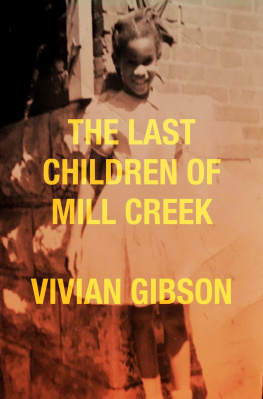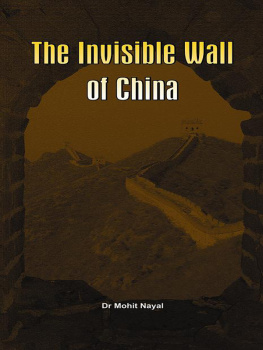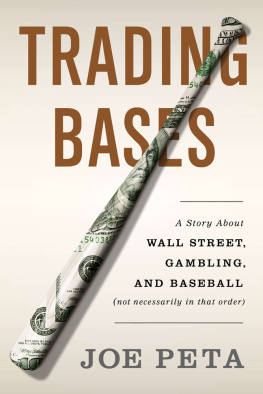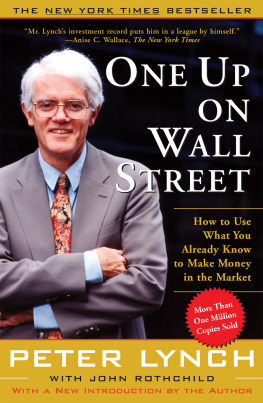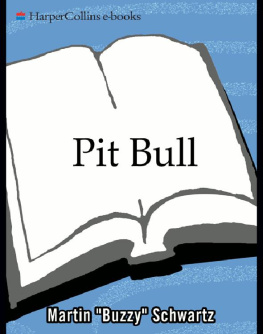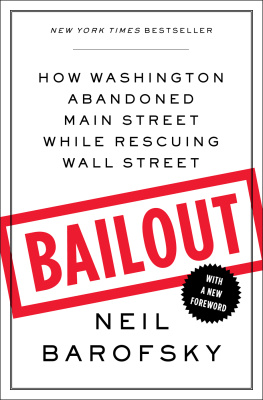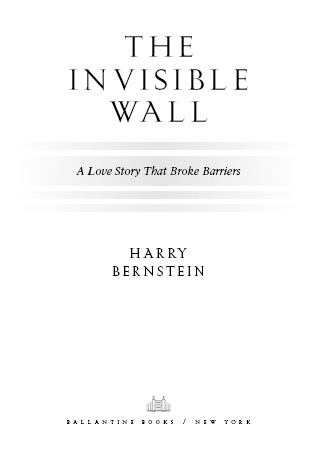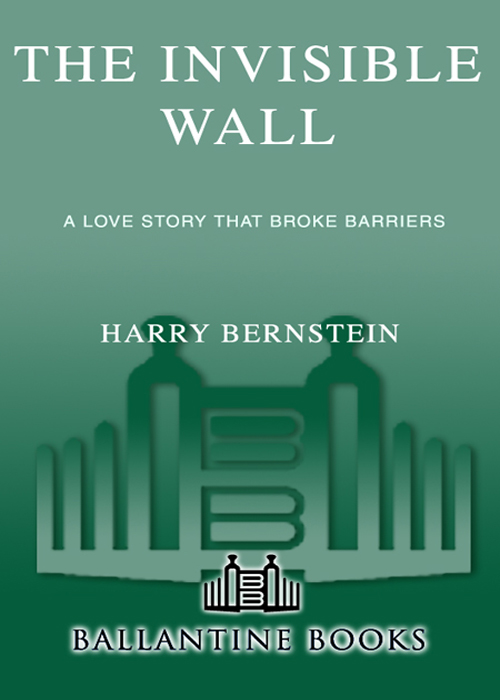
Contents
Dedicated to Ma, who gave us so much and received so little.
Can this book make up for it? Can anything?
Acknowledgments
This book could not have been written without the love and caring of my late wife, Ruby, my son Charles, and my daughter Adraenne. I owe many thanks to Kate Elton of Random House for seeing in my book things that other people had not seen for a long time. And many thanks to Anna Simpson for her patience and wisdom in editing the book. I am also deeply grateful to Allison Dickens for introducing my book to the American audience, and to Robin Rolewicz for taking up where Allison left off. My gratitude also to the various publishers in Finland, Sweden, Germany, and Italy for bringing out my book in their respective countries.
Prologue
OUTWARDLY, I SUPPOSE, OUR STREET LOOKED PRETTY MUCH THE SAME AS any other in the working-class section of a Lancashire mill town did in those days. They were all dreadfully alike, with their endless sad rows of houses facing one another across the cobblestones, the brick darkened by age and soot, the short, stubby chimneys jutting out of slate roofs into murky skies, along with the tall, slender stacks of the mills that were sometimes half-buried in the smoke and clouds.
Early in the morning, when it was still dark, you would hear people going to work in these mills, their iron-shod clogs clattering over the cobblestones with a sound and a rhythm that was like a symphony. It began rather quietly as the first few pairs of clogs stepped out of the doorways, then became louder as more people joined, and louder still until it was like a storm of hail, and finally reached a crescendo with a simultaneous blast of whistles from all the mills. It then softened as they entered the mills, and died out to silence again.
I often lay awake in the bed I shared with my two brothers, listening to these noises. I would hear them again when they came home in the evening, but the sound was different from the morning, quicker and more staccato. If it was summer and still daylight I might see them, the men carrying empty dinner pails wrapped in big red-spotted handkerchiefs, the women wearing striped colored petticoats and shawls, with little bits of white fluff stuck in their hair, looking like snowflakes, and all of them walking separately from one another, too tired to talk probably, and all in a hurry to get home. One by one they would enter the houses on the Christian side. One by one the doors would open and close. And, finally, as in the morning, there was silence again.
Our street was smaller than most. It had just one long row of houses on one side, and two smaller rows of equal combined length on the other, intersected by another street called Brook Street. It sloped slightly on a hill that began far up in the better section of the town. It was a quiet, little street, hardly noticeable among all the other larger streets, but what distinguished it from all the others was the fact that we lived on one side, and they on the other. We were the Jews and they were the Christians.
Actually, what we had here was a miniature ghetto, for there was an invisible wall between the two sides, and though the distance from one side to the other, geographically, was only a few yards, the streets being very narrow, the distance socially could have been miles and miles. There was very little crossing from one side to the other, hardly ever any mixing. Not that there was ever any hostility shown on their part toward us. It was nothing like Back Brook Street or Bann Street or places like that, where a Jew didnt dare venture if he knew what was good for him. Nor were the Christians on our street anything like the Christians on those other streets, with their constant beer drinking and fighting and their rough ways and foul language.
For the most part, our Christians were a quiet, decent lot, and the two sides got along quite well. For our parents, most of whom had come from Poland or Russia at the turn of the century, fleeing the pogroms there, the little street must have come as a refuge.
Just the same, there was this distance between us, and it was maintained by everyone, though with an exception or two now and then. Like, for example, when Mrs. Humberstone used to cross over to gossip with some of the Jewish women she seemed to especially like, or when we had to go to Gordons grocery to buy a cob of white bread or a bottle of pop or ginger beer, or to Mrs. Turnbulls sweets shop on the corner at the top of the street. Otherwise, we stuck to our side, and they to theirs.
But there are few rules or unwritten laws that are not broken when circumstances demand, and few distances that are too great to be traveled. Such was the case on our street, and I was to play an important part, unwittingly, in what happened. It began on a summer evening, when I was about four, perhaps a bit younger, but old enough certainly to be able to get involved in the drama that began that night.
Chapter One
IT WAS ONE OF THOSE RARE SUMMER EVENINGS WHEN IT DID NOT RAIN , and the smoke cleared from the atmosphere, leaving the sky a deep blue color, and the air soft and fresh and balmy. It was the kind of evening when people brought their stiff-backed wooden kitchen chairs out to the front to sit and smoke, and perhaps listen to the Forshaws gramophone. They were the only people on our street who had one, and they left their door open so that everyone could hear. In the meantime, the sun would sink, a huge red ball, behind the square brick tower of the India Mill. After it disappeared, there would be fiery streaks in the sky, and these would fade gradually as the sky became very pale, and twilight would fall gently, and you would see the glow of pipes or cigarettes along both sides of the street.
We had finished our tea, and my two sisters had quickly disappeared before my mother could get them to clear the table and wash up. My two brothers were about to do the same. Having gulped down the last of their tea, and still chewing on their bread and butter, they were halfway out the door to join their friends in the street when my mother stopped them.
Take arry with you, she said.
They stared at her in astonishment, not believing what they had heard. Well, I too was surprised.
But my surprise was a pleasant one. Until now I had been the baby of the family, too young to go out and play with them, though Id always wanted to and had watched them go with silent yearning. Now suddenly all this was changed. I looked up at them, my finger in my mouth, waiting, hopefully, for my fate to be decided.
Him? said Joe. He was the oldest of the three boys, big for his nine years, and handsome, too. He spoke as if he couldnt believe what he had heard. Him? he repeated.
Hes only a baby, screeched Saul in his high-pitched voice. Saul was a bare year and a half older than I, but considered himself my senior by far.
Hes not a baby anymore, my mother said, firmly. Hes old enough now to go out and play with you and the other boys.
But hell get in the way, they both wailed. He doesnt know how to play.
Hell soon learn, my mother insisted. I dont want him to stay in the house on a nice night like this, and Ive got a lot of work to do in the house, otherwise Id take him out myself. Go on now, take him with you, and mind you keep an eye on him and dont let him wander off by himself.
Next page


